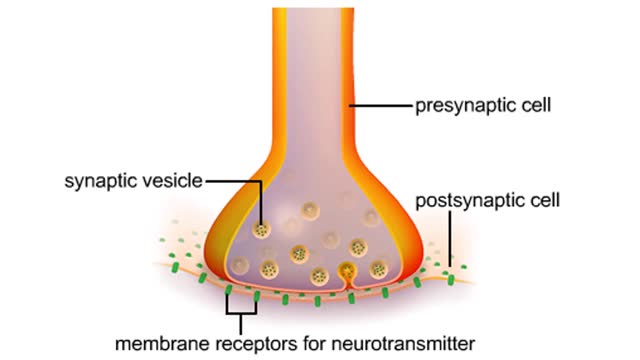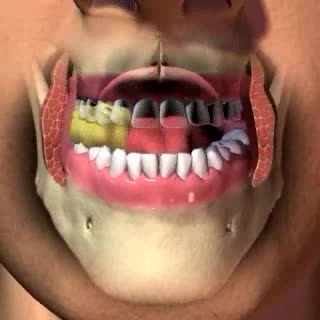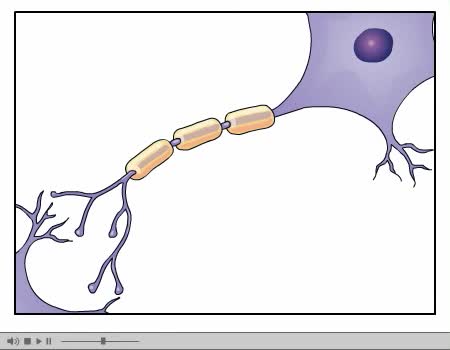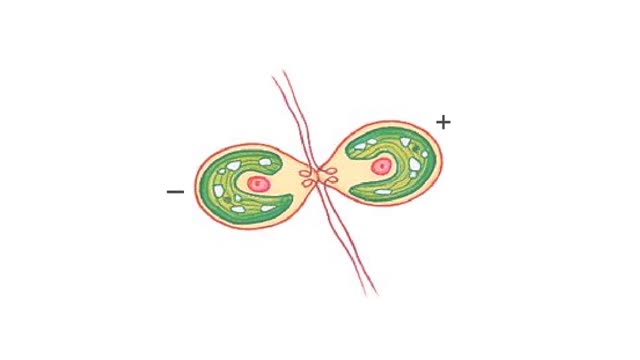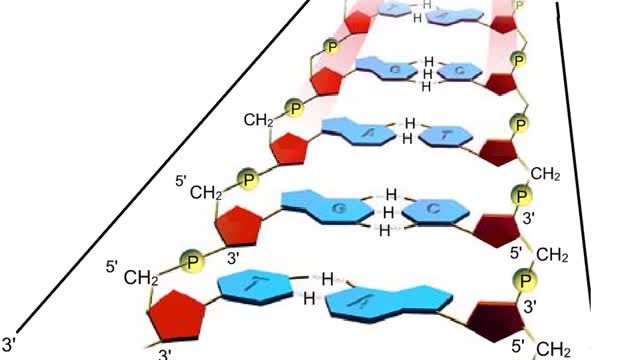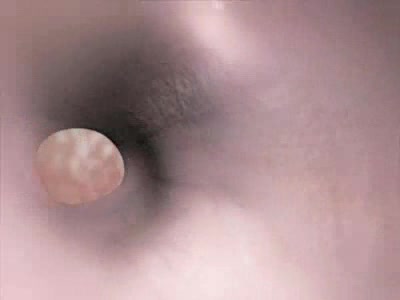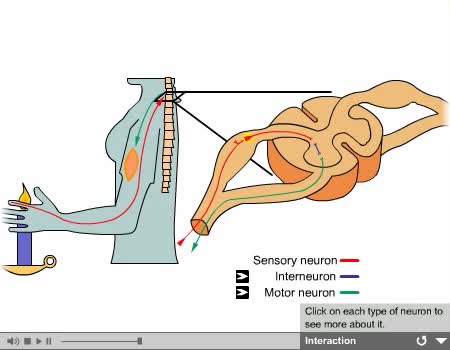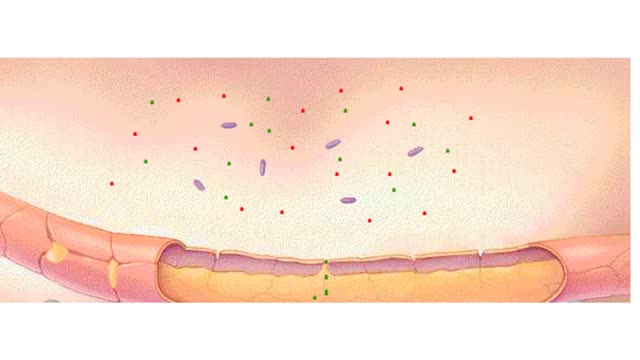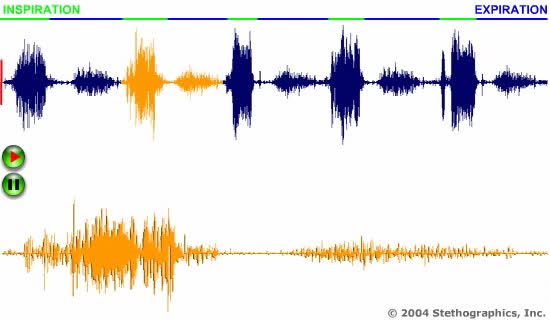Search Results
Results for: 'Detailed Summary on Photosynthesis Animation'
By: HWC, Views: 9162
A neuromuscular junction is a chemical synapse between the axon endings of a motor neuron and a muscle cell. A narrow synaptic cleft separates the presynaptic cell (the motor neuron) from the postsynaptic cell (the muscle cell). The presynaptic cell contains vesicles filled with neurotransmitt...
By: Administrator, Views: 15438
The mouth or oral cavity is formed by: - The hard and soft palates at the top or roof - the cheeks - the tongue - the lips Contains the teeth and salivary glands. The gingivae (gums) surround the necks of the teeth. The lingual frenulum is a thin fold of mucous membrane that connects...
Green alga life cycle Animation
By: HWC, Views: 6266
Chlamydomonas zoospores are haploid flagellated cells. As long as conditions are favorable, these cells reproduce asexually. As many as sixteen cells may form by mitosis within a parent cell. Daughter cells escape when the cell wall ruptures. When conditions become less favorable, the...
By: HWC, Views: 5649
A section from a DNA double helix The backbone of each DNA strand consists of alternating deoxyribose sugars and phosphate groups. The two strands run in opposite directions. One runs from the 5' to 3' direction, the other in the 3' to 5' direction. Think of the deoxyribose units o...
By: Administrator, Views: 14460
Everything you need to know about your heart
By: Administrator, Views: 14891
Interneurons: - Are called central or associative neurons. - Located entirely within the central nervous system. - They function to mediate impulses between sensory and motor neurons.
Inflammatory response Animation
By: HWC, Views: 8330
Any tissue damage or bacterial invasion can bring about inflammation. The inflammatory response can be triggered by an invasion of bacteria, or by a cut or other physical damage to cells. Chemicals, such as histamine, released by the bacteria or damaged cells. accumulate in the tissue. Thes...
Lung Sounds Animation (3 of 5)
By: Administrator, Views: 443
Respiratory rate is regulated by the respiratory center located in the medulla oblongata. Respiratory rates for some different age groups: Newborn 30 – 80/min 1st year 20 – 40/min 5th year 20 – 25/min 15th year 15 – 20/min Adult 12 – 20/min
Advertisement



